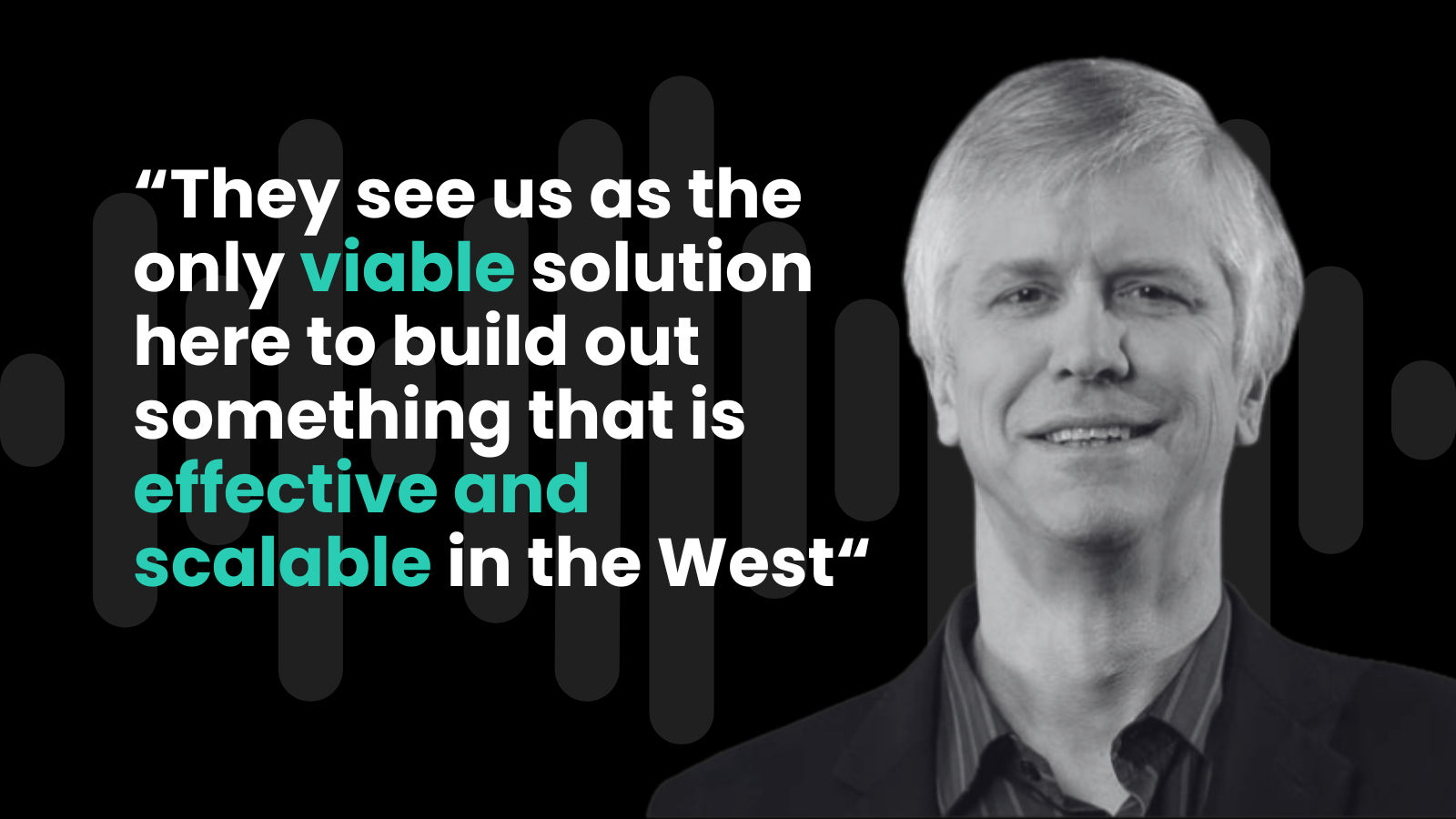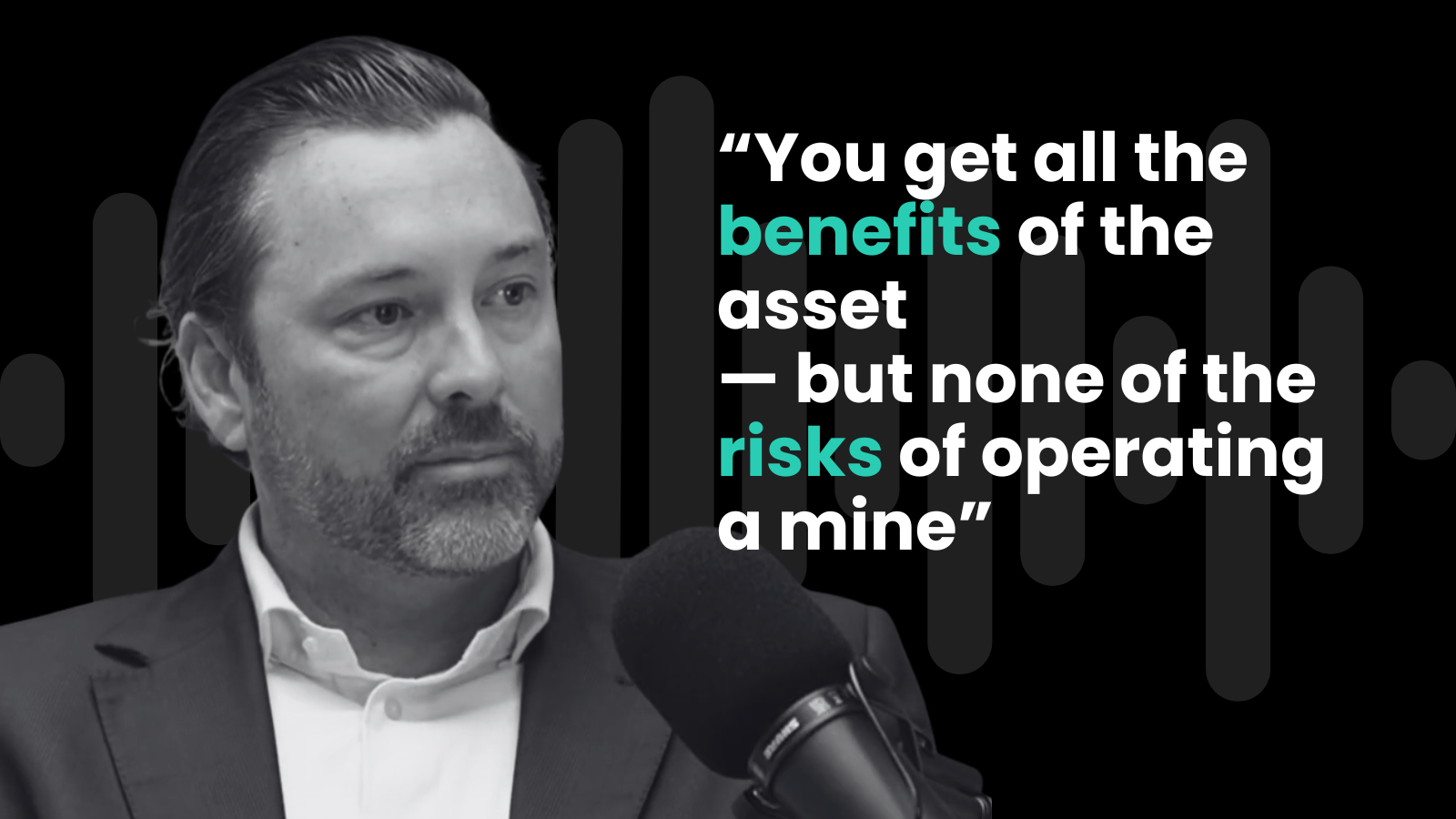CoinShares International [STO:CS], the European digital asset manager with around $10bn under management, has agreed to acquire London-based Bastion Asset Management, as it seeks to expand beyond exchange-traded products into actively managed investment strategies.
The deal, announced on Wednesday, underscores CoinShares’ ambition to establish itself as a full-service digital asset manager at a time when institutional demand for regulated, diversified crypto investment vehicles is growing. Terms of the transaction were not disclosed. The acquisition remains subject to approval by the UK’s Financial Conduct Authority.
Bastion, founded in 2020, is an FCA-regulated alternative investment manager specialising in quantitative, market-neutral strategies in digital assets. The firm has developed a reputation for systematic approaches to crypto investing, drawing on the backgrounds of its co-founders, Philip Scott and Fred Desobry, who bring more than four decades of combined experience in financial services and quantitative research.
- ABEX and Hidden Road in digital assets trading tie-up
- CoinShares reports rising AuM on digital assets rally
- Lunate strikes $2bn deal with Brevan Howard in Abu Dhabi venture
Upon completion, Bastion’s strategies, personnel and infrastructure will be absorbed into the CoinShares platform. Both Scott, who serves as Bastion’s chief executive, and Desobry, its chief investment officer, will join CoinShares to support the group’s expansion plans.
Jean-Marie Mognetti, CoinShares’ co-founder and chief executive, said the acquisition would allow the group to broaden its offering for institutional investors. “This acquisition perfectly aligns with our vision to provide our global investor base with comprehensive digital asset management solutions,” he said. “Having worked closely with Bastion over the past year, we have witnessed their expertise in systematic digital asset investing and the performance of their strategies. Their institutional-grade approach and proven record in alpha generation significantly enhance our ability to serve sophisticated investors.”
Scott described the deal as a natural next step for Bastion. “Over the last three years we have built a strong market-neutral strategy and a broad and growing investor base,” he said. “This acquisition will enable us to scale more rapidly, accelerate the build-out of our alternative programmes and increase our outreach to investors.”
The deal reflects a wider strategic shift at CoinShares. Best known for its passive exchange-traded products, which give investors exposure to cryptocurrencies such as Bitcoin and Ether, the group has in recent years sought to diversify its revenues by offering active management capabilities. By combining passive beta exposure with actively managed digital asset strategies, CoinShares hopes to establish itself as a “one-stop shop” for institutions navigating an increasingly complex market.
The addition of Bastion is expected to bolster CoinShares’ ability to offer institutional-grade, actively managed funds in the US market. The group already holds registered investment adviser status under the Investment Company Act of 1940, a designation that will enable it to bring Bastion’s quantitative strategies to American investors through regulated vehicles. Mognetti said this would help position CoinShares as a differentiated player, bridging the gap between traditional asset managers and crypto-native trading firms.
CoinShares deepens its product suite
Founded in 2013, CoinShares has been one of the most prominent European names in digital assets, offering investment management, trading and securities services to corporates, financial institutions and retail clients. Headquartered in Jersey, the group maintains offices in France, the UK and the US, and is listed on Nasdaq Stockholm and the OTCQX in the US. It is regulated in Jersey, France and the US.
For CoinShares, the acquisition of Bastion marks both a deepening of its product suite and a strategic statement of intent: that digital asset management is moving beyond simple market exposure, and towards a more sophisticated blend of passive and active strategies designed to capture institutional capital.





















